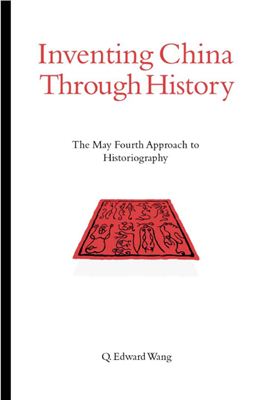State University of New York Press, 2001. - 304 pages.
History connects past with present. This connection is established by and, generally, also for the present. Yet, the ways in which historians write history vary tremendously: History is and has been written differently for different purposes. In order to cast light on present events, for example, one can simply collect and preserve any available information about the past. What prompted Herodotus (484-424? B.C.E.) to write his Histories, as he professed at its outset, was to prevent the memory of the Greeks about their glorious victory over the Persians from falling into oblivion. In China where historical writing has long been an integral part of its civilization, there is a well-known adage, "to know the future in the mirror of the past" (jian wang zhi lai), that expresses a similar desire to remember past events for better understanding the present and successfully speculating upon the future. While interest in the past of this sort is shown in many historical cultures, contributing to the development of historical study, it by no means addresses fully the complex relationship between past and present. In fact, focusing on the past as a predictor shows a grain of naivete in its implication that knowledge of the past can be directly applied to solving problems of the present, because such a focus presupposes the sameness of past and present and ignores the change of historical time.
History connects past with present. This connection is established by and, generally, also for the present. Yet, the ways in which historians write history vary tremendously: History is and has been written differently for different purposes. In order to cast light on present events, for example, one can simply collect and preserve any available information about the past. What prompted Herodotus (484-424? B.C.E.) to write his Histories, as he professed at its outset, was to prevent the memory of the Greeks about their glorious victory over the Persians from falling into oblivion. In China where historical writing has long been an integral part of its civilization, there is a well-known adage, "to know the future in the mirror of the past" (jian wang zhi lai), that expresses a similar desire to remember past events for better understanding the present and successfully speculating upon the future. While interest in the past of this sort is shown in many historical cultures, contributing to the development of historical study, it by no means addresses fully the complex relationship between past and present. In fact, focusing on the past as a predictor shows a grain of naivete in its implication that knowledge of the past can be directly applied to solving problems of the present, because such a focus presupposes the sameness of past and present and ignores the change of historical time.

